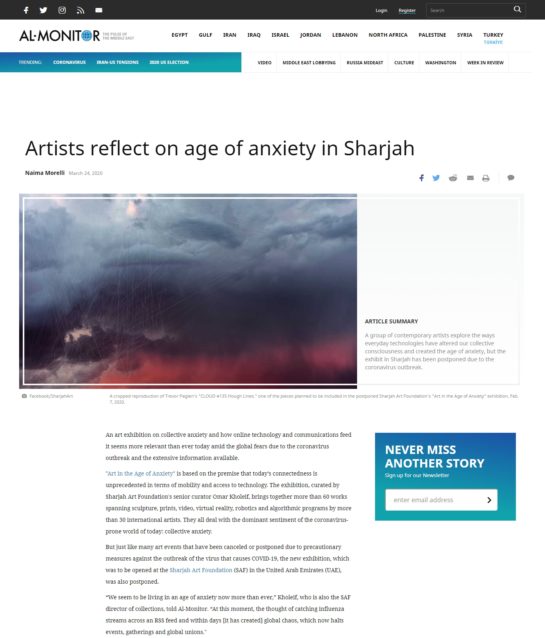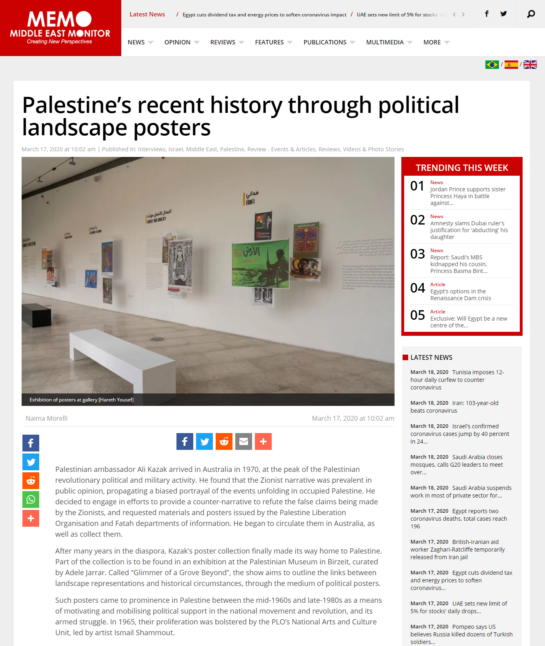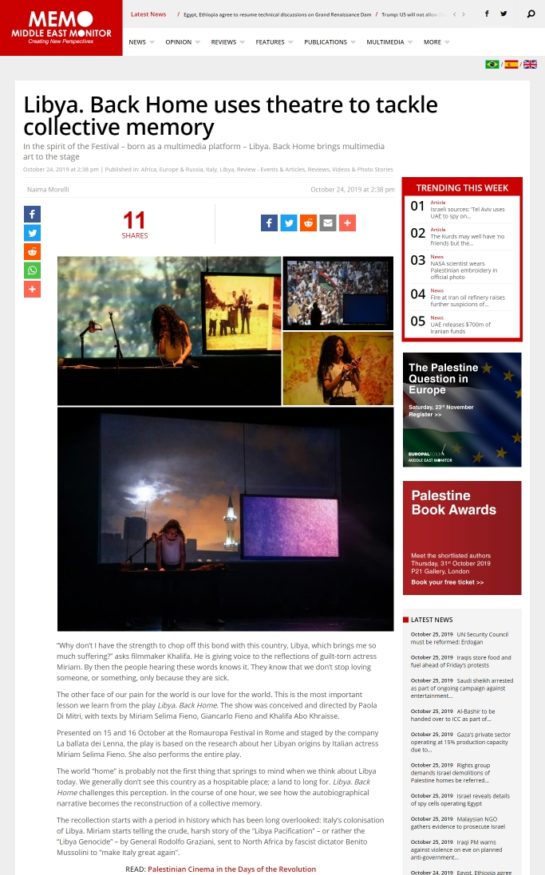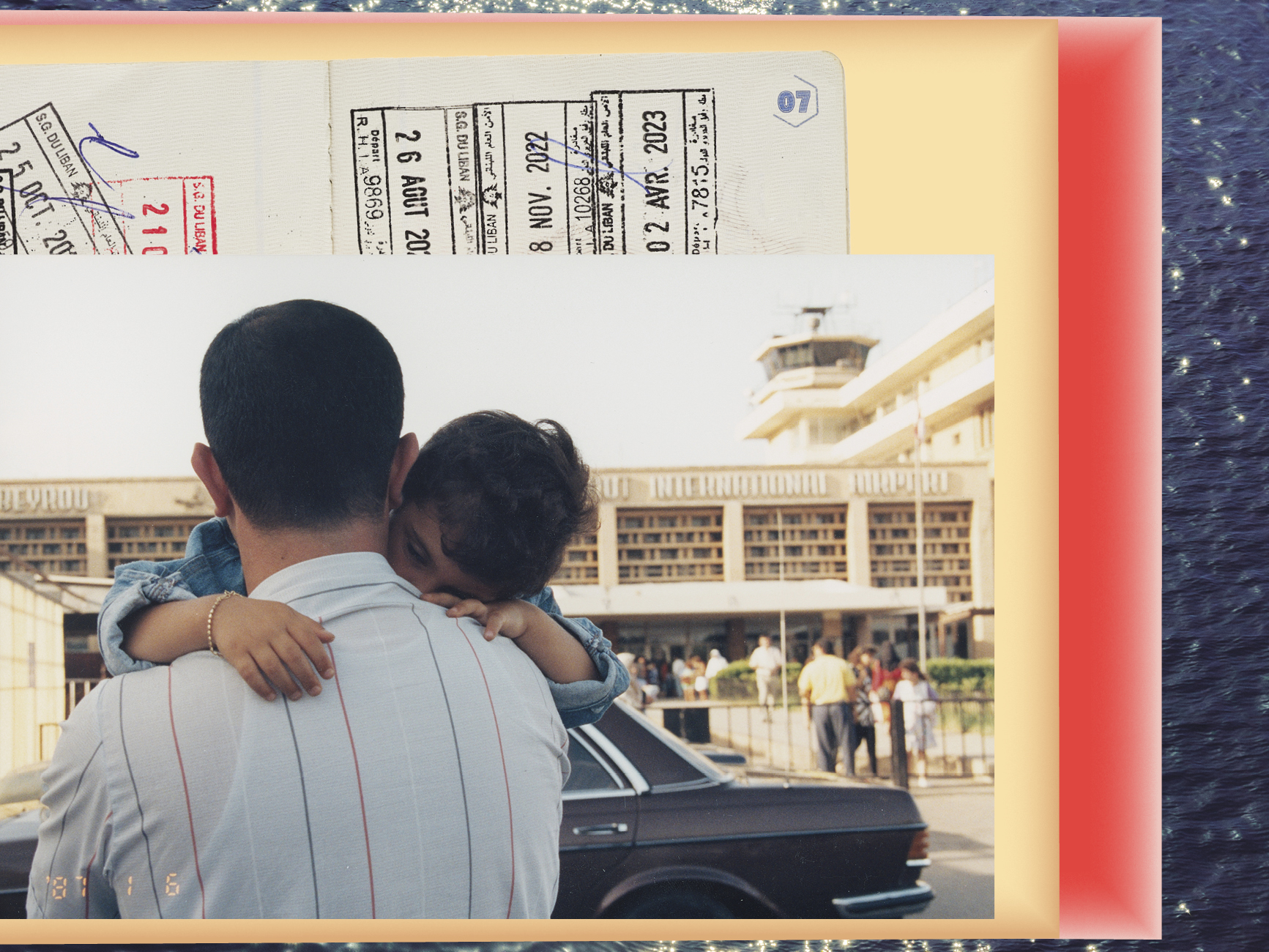
As I walked to the museum in the southern French city, some graffiti on a restaurant shutter caught my eye: “If a place attracts you, it’s because there is something waiting for you, and your story there has already been written.”
These words stuck with me as I turned the corner and the incredible MUCEM building stood before me, epic in shape and location, silhouetted against the cloudy sky, seemingly suspended on the sea.
“Revenir” focuses on the idea of home, travel and returning. This is not only the scope of the show, but the wider project of the museum, which is dedicated to Mediterranean cultures, especially to that very specific blend for which this city port is renowned.
Running until 16 March at the Museum of European and Mediterranean Civilisations (MUCEM) in Marseille, the exhibition “Revenir” (“Return”) invites visitors to explore the experiences of returning to one’s homeland.
I wrote about the show for Middle East Monitor.
Here is the link to the review
Read More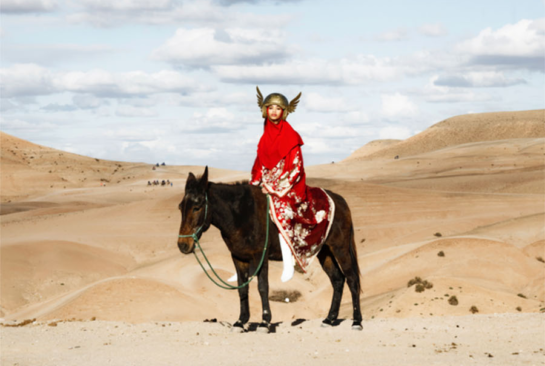

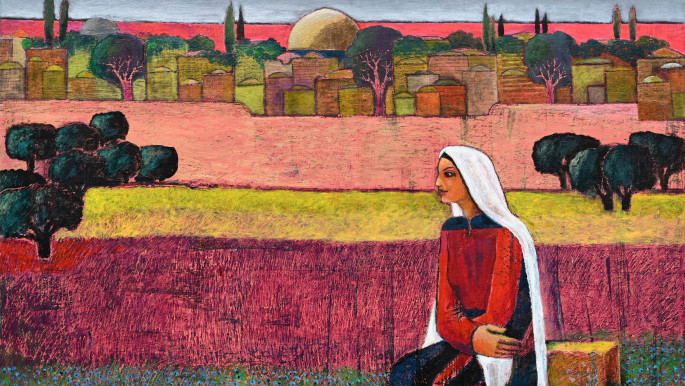
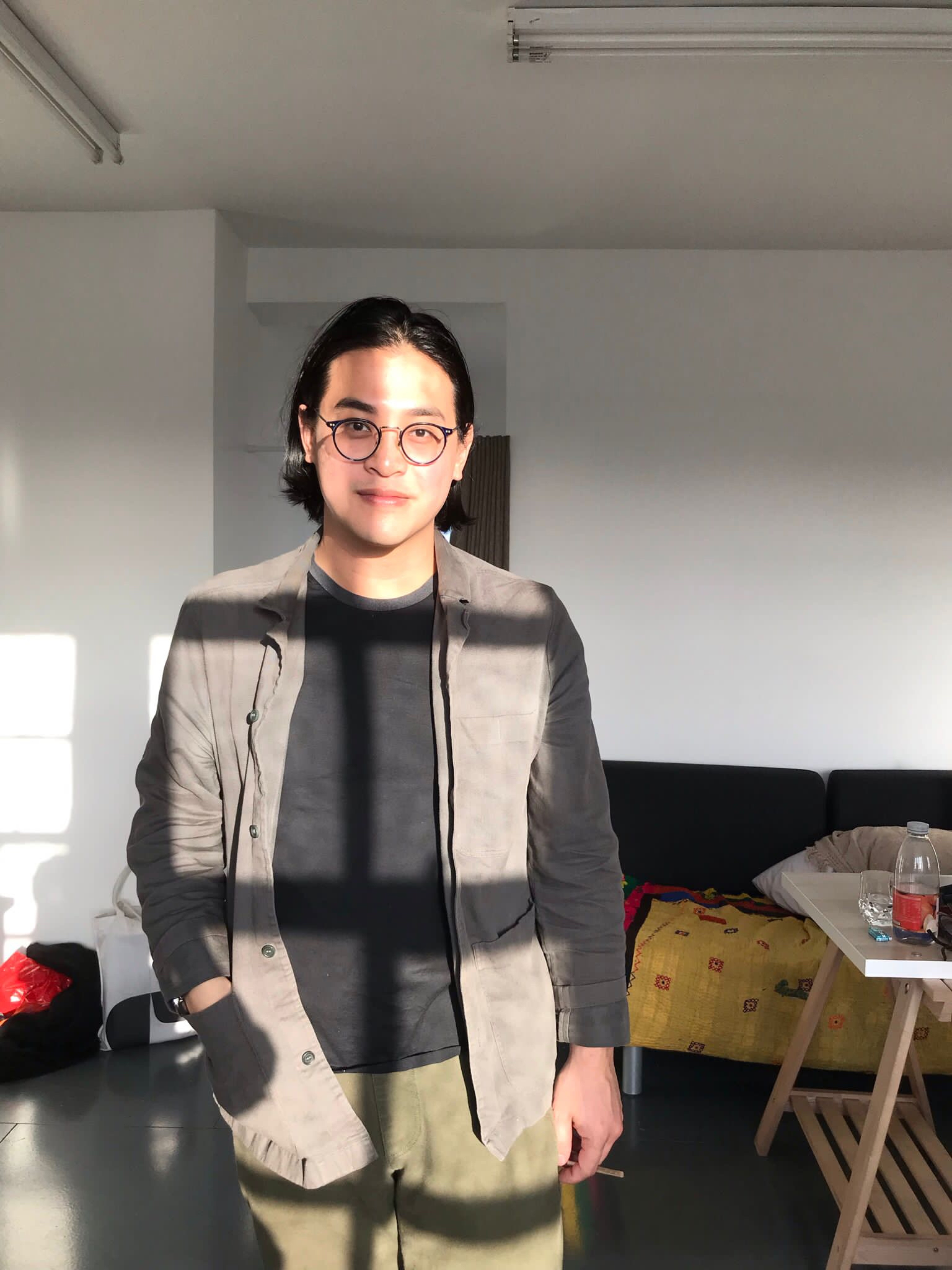
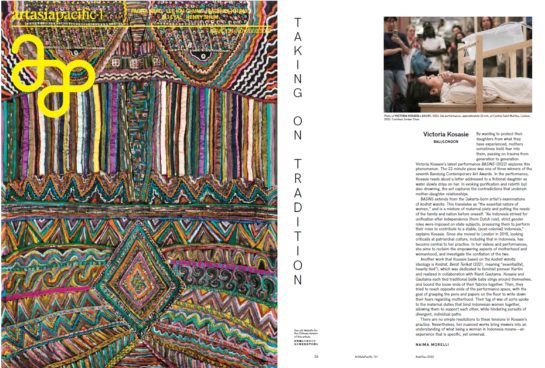
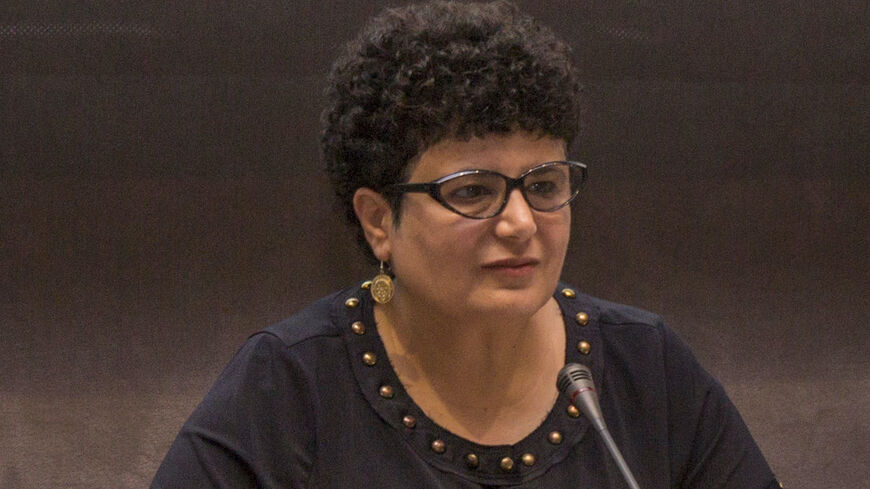
![Nameer Qassim, “Enough”, 2020, Acrylic on canvas, 100x100 cm [Courtesy of The Palestinian Museum US]](https://i0.wp.com/www.middleeastmonitor.com/wp-content/uploads/2022/04/Nameer-Qassim-Enough-2020-Acrylic-on-canvas-100x100-cm.-1-e1651149649212.jpg?resize=930%2C620&quality=85&strip=all&zoom=1&ssl=1)

